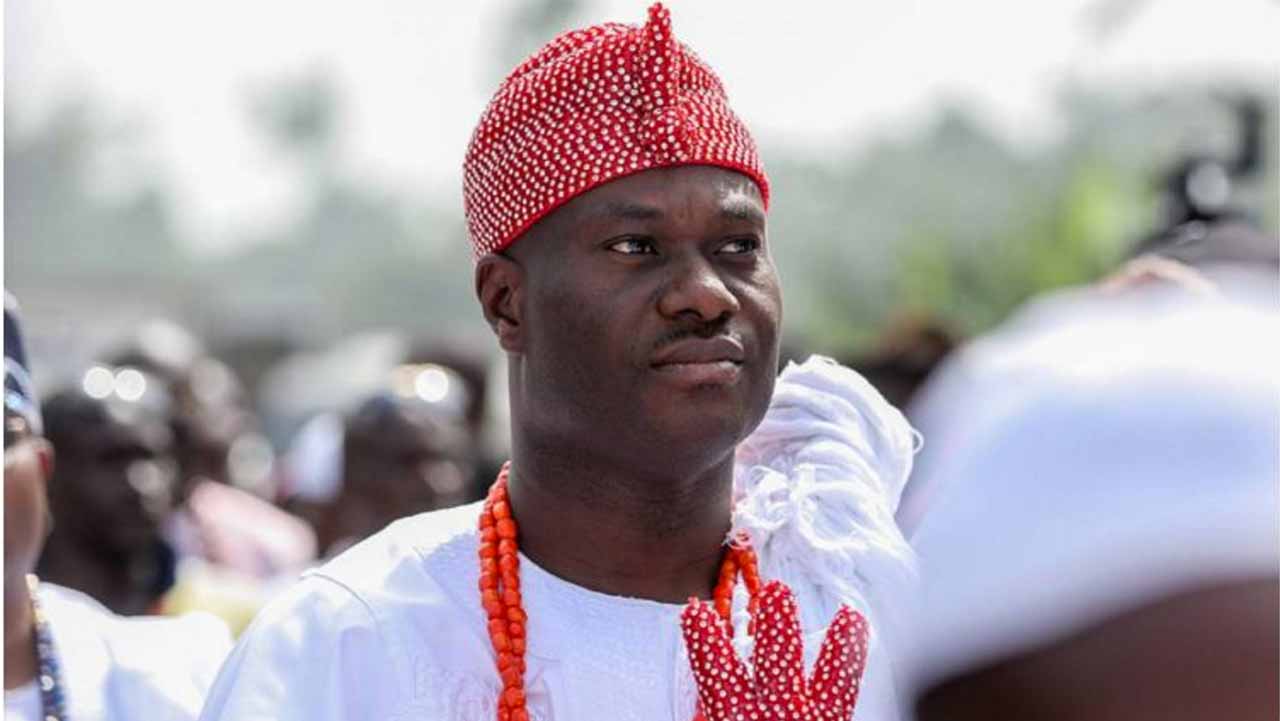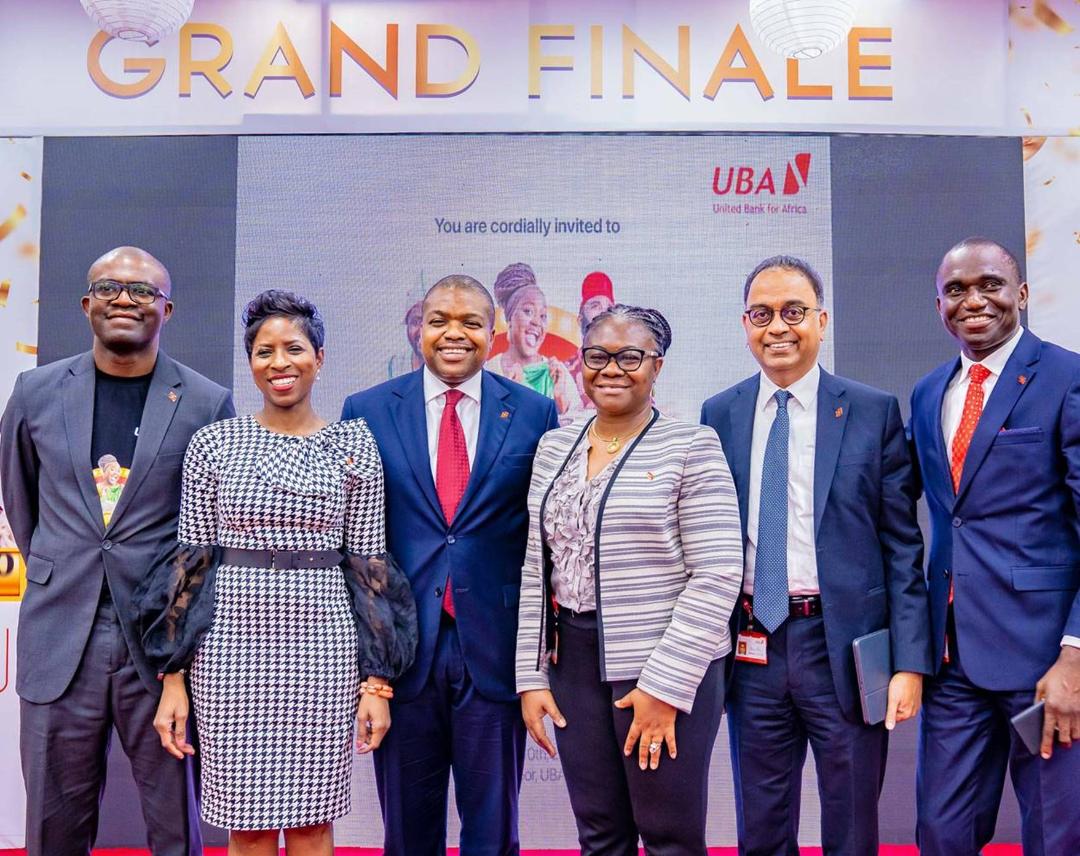The Chairman, Association National of Electricity Distributors (ANED), Sunday Oduntan, has revealed why a lot of companies in power sector are in serious liquidity coma. In a document made available to Business Hilights, ANED said even though government has given both distribution and generation companies clean balance sheets to borrow funds to invest in the power sector during privatisation, no bank is willing to lend money for the critically needed capital investment due to the challenges facing the sector.
Banks see the power companies as highly exposed to debt recovery crisis.
While maintaining that the sector has been operating at a loss for past three to five years due to series of challenges, Oduntan said scuttling or under-recovery of cost due to non-increase in tariff will result in N164 billion revenue shortfalls, from 2016 to 2018. “Delay in reflecting costs means a growing increase in deficits”.
He noted that the Federal Government promise to investors was that there would be cost reflective tariffs from day one as specified under the performance agreement. “This never happened as R2 customer class was politically frozen and collection losses removed in 2015”. Oduntan added that while there was a promise to deliver about 5,000 to 7,500Megawatts (MW) to consumers between 2014 and 2016, the sector would only able to deliver about 2000MW to 3000MW, due to gas pipeline vandalism and transmission wheeling constraints.
Aside the sector’s inability to borrow from banks, the ANED Chairman disclosed that revenue shortfall in the sector due to non-cost recovery nature of the tariff system may hit N809 billion by December.
He said “Given the highly regulated nature of the tariff, the approved return on equity would preclude the injection of such funding by the investors. In addition, the customers would, ultimately, have to bear the cost of the associated returns.
“With a tariff that does not allow for a complete cost recovery, no lender will be willing to provide the required financing for the sector. And this is a problem that cascades along the electricity value chain.
“A far cry from where NESI currently stands, with electricity market revenue shortfalls projected at N809 billion by December 2016, a direct consequence of the non-cost recovery nature of the tariff.”









